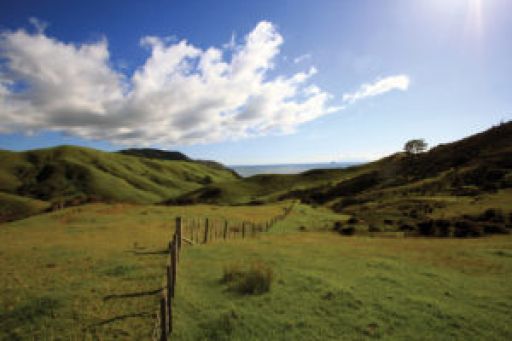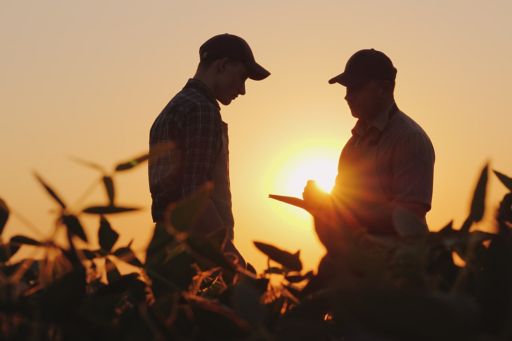Week in Review
[22 July 2021]
This week New Zealand’s media is dominated by the New Zealand ‘Howl of a Protest’ which also made headlines around the world. From farmers and industry leaders to urban dwellers and MP’s, different opinion pieces appear across the media landscape - the one certainty is that this protest received wide attention.
Internationally, the UK’s National Food Strategy paper and implications of its recommendations are discussed, while Oatly responds to comprehensive criticism and the next wave of alternative seafood businesses chase a $15m prize.
Previous issues
To read previous editions of Field Notes please click here.
Spotlight Stories
Horticulture Spotlight
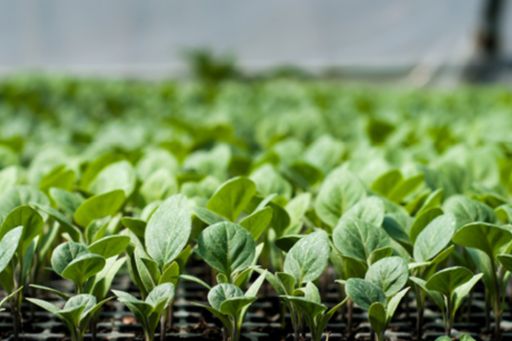
NZ hort value tops $6.7bn in “most bizarre” year – HortNZ [20 July, Food Ticker]
According to Horticulture New Zealand, the value of the sector grew to NZ$6.73 billion in March 2021, an increase of 5.3% from the previous year, despite the challenges caused by the global pandemic, extreme weather, and shipping congestion. The total value of exports reached NZ$4.55bn, up 8.3% from 2020. Kiwifruit accounted for more than half the value of exports over the period at NZ$2.53bn, followed by apples at NZ$876 million and onions at NZ$147m. HortNZ said its top priority was to build relationships with industry stakeholders, as well as with product groups and district associations.
Tag: Horticulture, Trade & Exports, Covid-19
International Spotlight
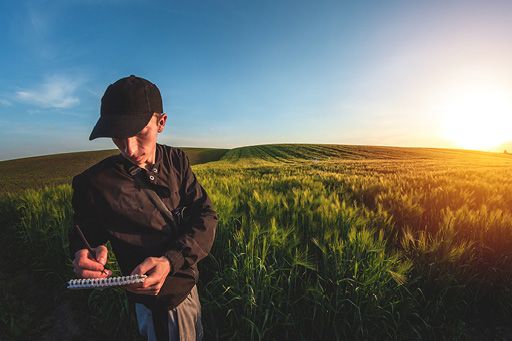
From taxing salt and sugar to reducing animal proteins: The controversial proposals in the UK’s National Food Strategy paper [15 July, Food Navigator]
An independent review led by businessman Henry Dimbleby about UK’s food system describes ‘how the food system actually works’, ‘the damage it is doing to our bodies and ecosystem’ and ‘the interventions we could make to prevent these harms’. He claims a tax on sugar and salt would “create an incentive for manufacturers to reduce the levels of sugar and salt in their products by reformulating their recipes or reducing their portion sizes. Additionally, the report calls for a 30% reduction in meat consumption between 2019-2032 to meet ‘health, climate and nature commitments’.
Tag: International, Policy and Regulation
This Week's Headlines
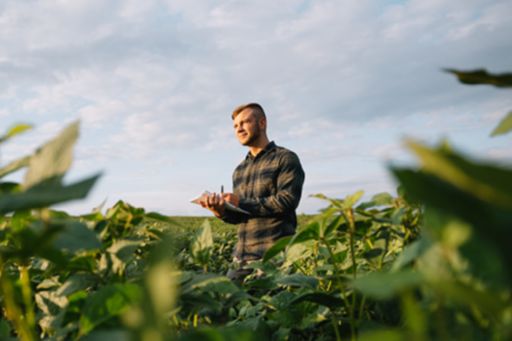
Farmers bring cities and towns to a standstill with mass protest over Government regulations [16 July, Stuff]
Thousands of farmers drove their tractors and utes into towns and cities nationwide to protest over Government regulations concerning unworkable environmental policies for freshwater, significant natural areas, and climate change. Groundswell NZ said protestors were feeling overwhelmed by the avalanche of “poorly designed policies” and the “we know best, one-size-fits-all mindset” of the current Government. Contrary to the strong support, retired Dr Linton Winder said Groundswell NZ’s proposals essentially ask for most of the new regulations to be scrapped, however this would just delay effective action for at least another decade.
Tag: Farmers & Producers, Policy and Regulation
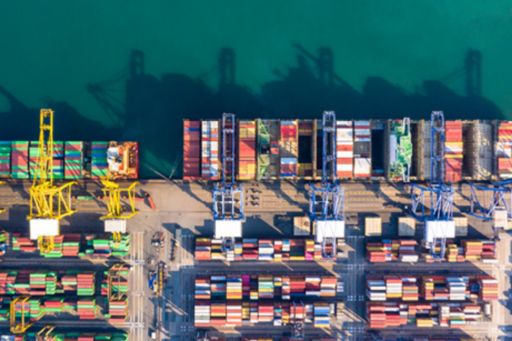
Favourable prices everywhere [16 July, Farmers Weekly]
According to ASB economist Nat Keall, the current rural commodity prices are excellent and should persist due to the potent combination of supply being constrained and global economy reopening, consumption lifting and growth forecasts strengthening. ASB’s forecasts show a NZ$7.60/kg milksolids final payout for 2021 and a ‘very bold’ NZ$8.20 for the new season. The lamb price index has increased nearly 30% over the last quarter and beef prices increased 20% over the past three months. On the contrary, the challenges of labour shortages and rising animal feed costs remain.
Tag: Farmers & Producers, Trade & Exports
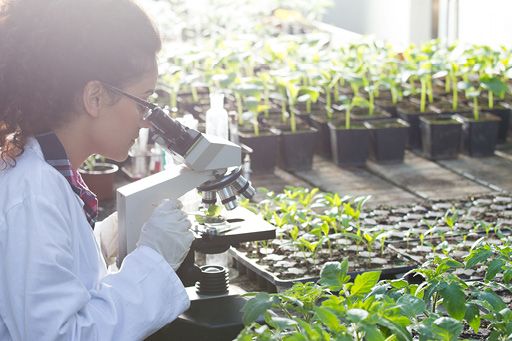
Callaghan Innovation leads Government alliance to improve NZ's CleanTech ecosystem [21 July, NZ Herald]
A newly formed cross-government partnership led by Callaghan Innovation aims to improve New Zealand's CleanTech sector and help transform local businesses to become thriving and profitable. Callaghan Innovation CleanTech lead James Muir said "we need to support climate innovation as a step towards achieving the national and global carbon targets set by the Climate Commission." Key actions include developing a five-year roadmap, strenghtening local and international connections, driving initiatives to improve commercialisation, and a more focused approach on selected CleanTech clusters.
Tag: Research & Development, Food Innovation, Policy and regulation
Top stories
Lion pumps millions into zero alcohol tech to tap new demand [15 July, Foodticker]
Lion New Zealand invested nearly NZ$6 million into non-alcoholic beer technology to push into the fast-growing market expected to be worth NZ$25 billion globally by 2024. Lion New Zealand’s marketing director Rachel Ellerm said her independent customer research showed that health and wellness was the trend influencing consumers’ alcohol choices. She adds, “in New Zealand, the lighter beer category is growing at 24%, but as a proportion of total beer sales, New Zealand is still well below global levels.”
Tag: Research & Development
Rockit launches in Gisborne region [15 July, Rural News Group]
Apple company, Rockit, is expanding into Gisborne and is expected to plant 20 hectares of its miniature apple variety and create at least 20 jobs. Rockit Management Services general manager Chris Hurrey explains “it’s important to diversity our crop and spread our risk across several sites." Also, the company has signed up a further 45ha, where apples will be planted this year, to be managed by independent growers. It is reported that by 2025, Rockit expects to be picking and packing well obier 400 million apples annually.
Tag: Horticulture
Avocado sector continues to grow [15 July, Rural News Group]
New Zealand's avocado industry is continually growing, as shown by its NZ$167 million worth of avocados delivered by exports and NZ$60m in sales in the New Zealand market during the 2020-21 season. The 2020 New Zealand avocado season produced a record export volume and total crop volume where 44,000 tonnes of avocadoes were harvested and 5.1 million trays (5.5kg per tray) were exported to 11 export markets. In 2020, about 54% of New Zealand's avocado production came from the Bay of Plenty region, with 39% coming out of the Northland.
Tag: Horticulture, Trade & Exports
Ministry for Primary Industries' priorities questioned after $1 million rebrand [15 July, NZ Herald]
The Ministry for Primary Industries’ (MPI) priorities are being questioned by critics after it spent close to NZ$1 million on redoing its website, buying new stationery and designing new logos in 2018/2019. Agriculture Minister Damien O'Connor has pushed back on the implication that the Ministry has spent unnecessary money but cited a number of Government initiatives which support many different projects aimed at helping growers. He added that the NZ$1m spend was related to "strategic priorities based on the information on hand" and to better distinguish the agencies within MPI.
Tag: Policy and Regulation, Agribusiness
Why red meat is getting more expensive [19 July, Stuff]
According to Stats NZ’s food price index, in 2007 1kg of beef mince would cost NZ$9 and now is priced at NZ$16.39. If the price increase were only due to inflation, the pack of mince would reportedly cost NZ$12.09. Beef + Lamb NZ chief executive Rod Slater said the price of meat in New Zealand reflects what markets overseas are willing to pay and that “we are price takers, not price makers in this country.” It is reported that around 95% of New Zealand's sheep meat and 87% of beef is exported, and what's left behind for locals is being sold at the same premium.
Tag: Red Meat, Trade & Exports, Food Marketing
Faith in farming future shaken [16 July, Farmers Weekly]
According to Central Hawke’s Bay farmer Clem Trotter, future returns from carbon will outweigh what can be made from sheep and beef production as the global economy is geared towards a carbon model. He explains, cost of land is increasing and every farm on the North Island’s east coast is being sold (excluding horticultural or dairying land) for tree planting. As the price of carbon increases, Trotter says farmers like himself would be at least three times better off planting their whole property in trees.
Tag: Rural Communities, Farmers & Producers, Environment & Emissions
Fonterra diverts more milk powder away from GDT, futures rally [18 July, NZ Herald]
Fonterra Cooperative Group’s decision last week to divert more whole milk powder away from the Global Dairy Trade (GDT) auction platform is expected to support the price of New Zealand's single biggest export. The Group said its total GDT offer for whole milk powder had been reduced by 19,500 tonnes between August and November this year. "These changes are the result of extremely strong demand for whole milk powder over the next six months outside of the GDT events platform" the Group said in its statement.
Tag: Dairy, Trade & Exports
Alt-seafood startups close in on $15 million prize [14 July, The Fish Site]
8 alternative seafood producers out of 28 food producers have made the semi-finals of an international competition that aims to help feed the growing global population using alternative protein sources. This includes New Zealand company SeaSpire. Over the next year, these semi-finalists will work closely with the competition’s ecosystem and sponsors as they begin to develop the first iteration of their products. A judge has said “we know we need more nutritious, environmentally-friendly and sustainable alternatives to conventional animal-based products, and that wide scale adoption will require additional innovation continuously being brought to market.”
Tag: Alternative Proteins, International, Food Innovation
National Food Strategy: Tax sugar and salt and prescribe veg, report says [16 July, BBC]
A UK report led by businessman Henry Dimbleby said a tax should be placed on sugar and salt to support better diets among the poorest, while vegetables should be prescribed by the National Health Service. Prime Minister Boris Johnson said he was not attracted to extra taxes on hard-working people but will study the report and respond with proposals for future laws within six months. Dimbleby said his proposals, if implemented in full, could save 38 calories per person per day, helping the average person lose 2kg in weight each year.
Tag: International, Policy and Regulation
“Oatly will likely never make money in a notoriously fickle and deflationary food industry,’ claims activist short seller; Oatly ‘rejects all these false claims’ [16 July, Food Navigator]
Shares in Swedish oatmilk maker Oatly dropped sharply on Wednesday after a released report from a New York based activist investor and short seller Spruce Point Capital Management. Spruce argued that “the walls are collapsing on Oatly’s ambitions to dominate the oat milk market” and alleged many things in its 124-page report. Oatly did not address each one but said they are “aware that a short seller is making false and misleading claims regarding the company” pointing out that Spruce “stands to financially benefit from a decline in Oatly’s stock price caused by these false reports.”
Tag: International, Alternative Proteins
The carbon border tax that could hit NZ exports [July 20, Stuff]
Last week, lawmakers in the European Union and the US announced proposals to put levies on foreign goods, starting with industrial products, that aren’t subject to carbon prices in their home countries. Experts are divided on whether tariffs could one day extend to dairy and meat. It is reported that New Zealand exports might escape levies if they are covered by the Emissions Trading Scheme or a proposed scheme to price greenhouse gases from farming which may kick in from 2025 - if those schemes are deemed tough enough by overseas lawmakers.
Tag: Environment & Emissions, Trade & Exports, Policy and Regulation
Feedback multiplies Fonterra’s capital options [19 July, Farmers Weekly]
Fonterra Co-operative Group's capital restructure consultation has drawn out many alternative proposals, and feedback received from farmers has already modified the company’s priorities as they introduce more farmer flexibility. The minimum shareholding part of the revised proposal has changed from 25% of milk supply to 33%, and retiring/exiting farmers may also have up to 10 or 15 years to sell down their shares instead of three years. In two areas the restructuring proposal remains unchanged: a maximum shareholding 4x milk supply and voting rights to stay linked to share-backed supply.
Tag: Dairy, Farmers & Producers, Agribusiness
Exporters nervous after NZ calls out China [20 July, Farmers Weekly]
New Zealand has joined other countries in strongly condemning ‘malicious cyber activity’ undertaken by the Chinese Ministry of State Security which poses possible trade risks for NZ. However, many leaders have said they don’t expect much reaction from China. Former diplomat Charles Finny says, "if we were the only country to say something there might be a risk of retaliation. In this case we are in very good company.” Additionally, Westpac Bank senior agri-economist Nathan Penny doesn’t expect China to single out NZ for retaliation via trade as NZ doesn't stand alone.
Tag: Trade & Exports International
Fonterra develops plant-based packaging [20 July, Rural News Group]
Fonterra Co-operative Group’s sustainable, plant-based packaging is reportedly one of many innovations being developed by the Group as they aim to make all packaging recyclable, reusable or compostable by 2025. The new milk bottle provides a low carbon footprint option due to it being made from ethanol, which comes from Brazilian sugar cane. The Group says packaging is a complex global issue and the materials used are very complex. However, it’s doing its bit to better understand what recyclable actually means in all its markets.
Tag: Dairy, Environment & Emissions, Food Marketing
Migrant worker visa entries open [20 July, Rural News Group]
According to DairyNZ, applications recruiting for 150 dairy farmers in management roles and 50 dairy farm assistants are now open for migrant workers. DairyNZ general manager Jenny Cameron says “this will help some of the workers stuck overseas able to return to their jobs on Kiwi farms or new migrants looking to join the sector, while supporting our farmers by relieving some of the workforce shortage.” Additionally, DairyNZ said it has worked closely with Federated Farmers and the Ministry for Primary Industries (MPI) to ensure the process in place is robust and fair.
Tag: Labour, Farmers & Producers, Policy and Regulation
Get in touch
| Audit – Auckland Ian Proudfoot 09 367 5882 iproudfoot@kpmg.co.nz |
Management Consulting – Wellington Justine Fitzmaurice 04 816 4845 jfitzmaurice@kpmg.co.nz |
Agri-Food – Auckland Jack Keeys 09 363 3502 jkeeys@kpmg.co.nz |
Private Enterprise – Hamilton Hamish McDonald 07 858 6519 hamishmcdonald@kpmg.co.nz |
| Agri-Food – Auckland Andrew Watene 09 367 5969 awatene@kpmg.co.nz |
Consultant – South Island Genevieve Steven 03 307 0761 gsteven@kpmg.co.nz |
Farm Enterprise – South Island |
Field Notes Administrator |

